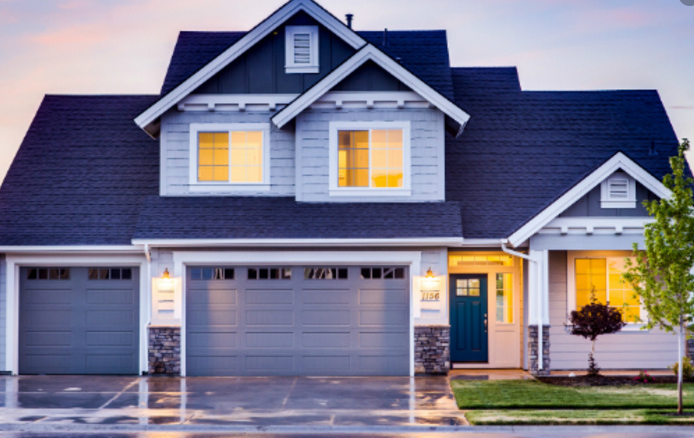Here are the key considerations, according to realtors in Solon, OH, when deciding whether to remodel your existing home and stay put or to buy a new home and relocate.
 Do you have the ability to budget realistically?
Do you have the ability to budget realistically?When deciding whether to make your current home work or look for another, realistic budget planning is important.
If you do decide to renovate, you'll need to budget carefully.
Many homeowners are unsure of what they want. They have $50,000, and the contractor claims he will complete the project for that amount. But then their desires change, they want different materials, it doesn't turn out the way they envisioned — and the budget balloons.
Is it better to have more space or more rooms?
Many homeowners decide to sell because they need more space. However, some homeowners may be able to avoid moving by using a smarter layout that adds one more room but not more square footage.
A three-bedroom home can also be reconfigured to four bedrooms, giving a family a more effective layout without having to leave their beloved home. We suggest working with a designer to lay out your floor plan and see if a reconfiguration makes sense. It is also less disruptive and costly than relocating, and it may be able to fix your problems.
What if you can't find a suitable location for a new room? Perhaps it's time to put your house on the market.
Is your home in your heart?
Whether you stay or go will be largely determined by your feelings.
Consider your relationship with your neighbors as well as your feelings about your current location and the surrounding area. If you have a strong emotional attachment to your home and a strong connection to your neighborhood, renovating may be the best option. In the remodel-or-move dilemma, 70% of homeowners opt to stay put and make improvements to their home.
Would you consider yourself to be ‘over-improving'?
The risk of “over-improving” your home in comparison to others on the block weighs against renovation.
A home that has been over-improved will not sell for as much in its current location as it would in a neighboring neighborhood.
When you live in a neighborhood with starter homes and bigger homes, adding a large addition or undertaking a major renovation may not yield the expected results.
Will you be able to recoup your initial investment?
Before deciding whether to remodel or sell, calculate the return on investment for each option.
What is the average return on investment for the renovations you're considering if you decide to upgrade?
The majority of home improvements do not pay for themselves in terms of a higher final sale price. Some renovations are able to recoup 80 to 90% of their costs, while others only cover half of their costs.
If you're thinking about selling your current home and buying a new one, consider whether you'll be in the new place long enough to recoup the costs of a new mortgage and relocation. According to Davis, it typically takes seven years to recoup those upfront costs.













